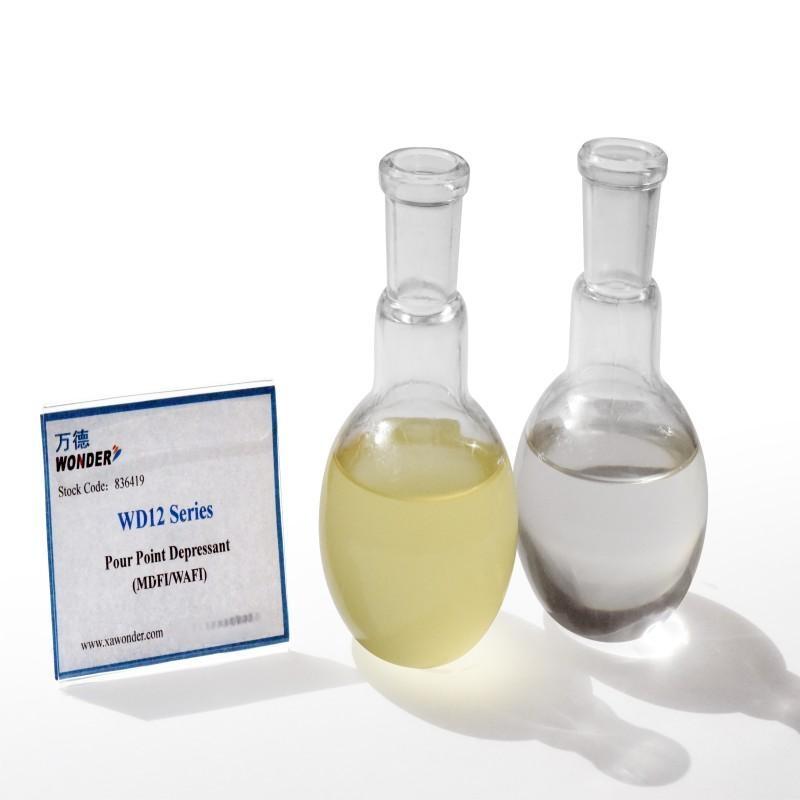-
Categories
-
Pharmaceutical Intermediates
-
Active Pharmaceutical Ingredients
-
Food Additives
- Industrial Coatings
- Agrochemicals
- Dyes and Pigments
- Surfactant
- Flavors and Fragrances
- Chemical Reagents
- Catalyst and Auxiliary
- Natural Products
- Inorganic Chemistry
-
Organic Chemistry
-
Biochemical Engineering
- Analytical Chemistry
-
Cosmetic Ingredient
- Water Treatment Chemical
-
Pharmaceutical Intermediates
Promotion
ECHEMI Mall
Wholesale
Weekly Price
Exhibition
News
-
Trade Service
On October 13, market analyst Irina Slav wrote that OPEC+ said last week that it would cut its oil production target by 2 million barrels per day, and the actual reduction was between
1 million and 1.
1 million barrels per day.
The statement pushed up oil prices
.
By the end of last week, the resulting oil price rally had lost momentum, slipping again due to recession fears that may have masked shortages in
the oil market.
When OPEC+ said it would cut production, officials explained that the reason for the decision was related to expectations of a decline in oil demand and reserved spare capacity for a possible abrupt shutdown, such as in Russia
, after the EU oil embargo came into effect at the end of the year.
The United States hinted that it viewed the move as a political act, tantamount to Saudi snub
.
Saudi Arabia will be one of three members of OPEC that will actually cut production and declare its support for Russia
.
Saudi Arabia already did this when OPEC+ was born six years ago, so it shouldn't come as a surprise, but the snub seems to have alarmed Washington, prompting President Biden to threaten "consequences" of a nature that has yet to be determined
.
While the White House considers its options, some analysts point out that OPEC+'s move will make an already tight oil market more nervous
.
Recession fears appear to be hanging over the oil market, but the risk of a shortage remains, and OPEC has been warning about
it.
At the same time, there is more bad news: global oil inventories are falling and will be difficult to reverse
.
Market analyst John Kemp noted in an op-ed this week that U.
S.
oil inventories have fallen by 480 million barrels in the past two years, reaching their lowest level
since the same period since 2004.
The situation with fuel inventories is even more worrying, with distillate inventories in the United States falling to their lowest level since records began in 1982 and European distillate inventories falling to their lowest level
since 2002.
Singapore's distillate stocks are also at multi-year lows, falling by 9 million barrels
in the past two years.
The decline in distillate inventories may be more worrisome than the decline in crude oil inventories, as distillates are used to make diesel and diesel is used for freight, which is critical
to every economy.
The depletion of reserves means an increase in prices, and an increase in prices means an increase
in inflation.
Despite the volatile global oil and distillate inventory situation, Saudi Arabia just said this week that the decision to cut production was purely economic
.
In response to the U.
S.
allegations, the Saudi Foreign Ministry issued a statement that said: "The Kingdom has clarified the following through ongoing consultations with the U.
S.
government, and all economic analyses indicate that postponing OPEC+ decision by one month as recommended will have negative economic consequences
.
" ”
Whatever the motivation for this decision, it has already been made, and those who are not happy with it have little choice to punish those who
made it.
Meanwhile, prices remained subdued
despite analysts updating their forecasts for fourth-quarter oil prices after the OPEC+ decision.
Again, that's largely because recession fears have been fueled by steady pessimistic forecasts, the latest of which the IMF released
this week.
Indeed, the near-term outlook for the global economy is not optimistic, and when the economic outlook is poor, neither is the outlook for oil prices
.
However, the oil shortage will certainly change that, especially when
it coincides with the oil embargo and oil price cap.







